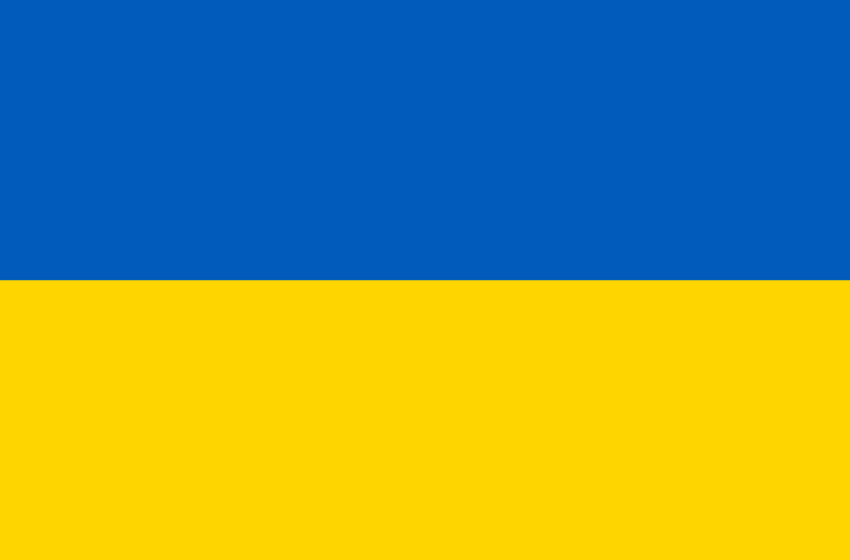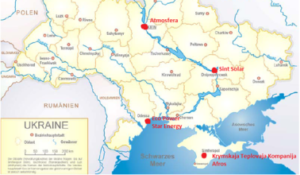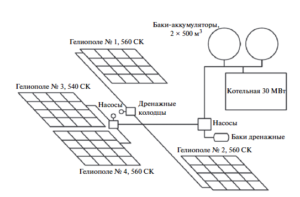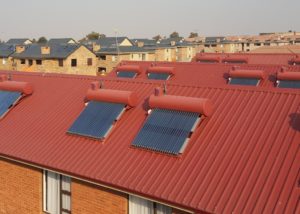“We cannot predict market development, because we live in the Ukraine“
December 4, 2013
The Ukrainian solar thermal market is extremely price-sensitive. Whereas importers of Chinese vacuum tube collectors have increased their annual sales significantly, the demand for high-quality solar collectors is stagnating. This is one of the results of the annual ISOL Navigator survey by German agency solrico and the follow-up interviews with local market players. Single-family houses and the tourism sector have the highest share in the sales of the companies that participated in the survey (see the chart on the left). Solar thermal systems for multi-family houses will gain importance, as already every fifth company considers it the fastest-growing segment in the Ukraine. After all, the industry complains that most support mechanisms will not be effective because of the high level of corruption across the country.
Importers of solar thermal collectors from China are much more satisfied with their business than local collector manufacturers, as the gap between the ISOL Business Index of these two different company types shows. Importers achieve an average of 36 points, whereas local manufacturers are down to 29 points. The ISOL Index is a point-based indicator ranging from 0 to 100 points. “We have experienced steady growth over the past years, even without any support from the government and there is no reason to expect something else in the future,” Alexander Kovpak explains. Kovpak is Technical Director of Atmosfera, one of the larger importers.
Vladimir Dorus, Business Manager of Star Energy, an assembling company for vacuum tube collectors, confirms the above-mentioned trend. “The people’s awareness of renewable technologies, including solar thermal, has increased tremendously. It is much easier to work with our customers today.” Dorus compares the situation with mobile phones: “They, too, used to be regarded as a very expensive and unattainable technology. Now, when our client´s neighbour already has solar thermal collectors, the customer comes to us with a detailed request and specific knowledge about how much it is approximately going to cost.“
In the same survey, a supplier of high-price solar thermal systems lists the barriers which hamper market growth: absence of governmental support mechanisms, low prices for energy, low purchase power of the people and a lack of legislative framework that supports the use of solar hot water or heating.
The flat plate collector industry agrees that end consumer system prices are going to remain stable in 2014. One vacuum tube collector assembler reports a slight increase in system prices due to rising material costs. Another fairly large importer of Chinese vacuum tube collectors expects prices to go down due to high competition.
“The market segment of the cheapest solar thermal systems with low quality and efficiency is going to grow,” Alina Sych, Head of the Department for Energy-Saving Technologies at flat plate collector producer Sint Solar, confirms. In her opinion, renewable building codes and performance-based incentives are the two most helpful support mechanisms to stimulate the Ukrainian solar thermal market. “Customers would then indeed try to choose a solar thermal system at the price/performance/reliability ratio and not only look at the lowest initial investment.” Sych also points out that “all other mechanisms would not be efficient due to widespread corruption”. Another flat plate collector manufacturer simply comments that he cannot predict future market development, “because we live in the Ukraine”.
According to Transparency International, Ukraine ranks 144 among 176 countries and therefore belongs to the most corrupt countries worldwide. And the Global Corruption Barometer shows that corruption across the country even increased in 2013. More than 80 % of the people in the Ukraine believe that the government is either largely or entirely run by a few big entities acting according to company interests. Solar thermal specialists like Dorus are therefore happy about the fact that there is hardly any corruption in the renewable sector.
This text was written by Vladislava Adamenkova, a Czech student of international business studies in Vienna, Austria.
More information:
http://www.solrico.com
http://sintsolar.com.ua/
http://www.atmosfera.ua/
http://www.star-energy.com.ua/
http://www.transparency.org/
http://cpi.transparency.org


